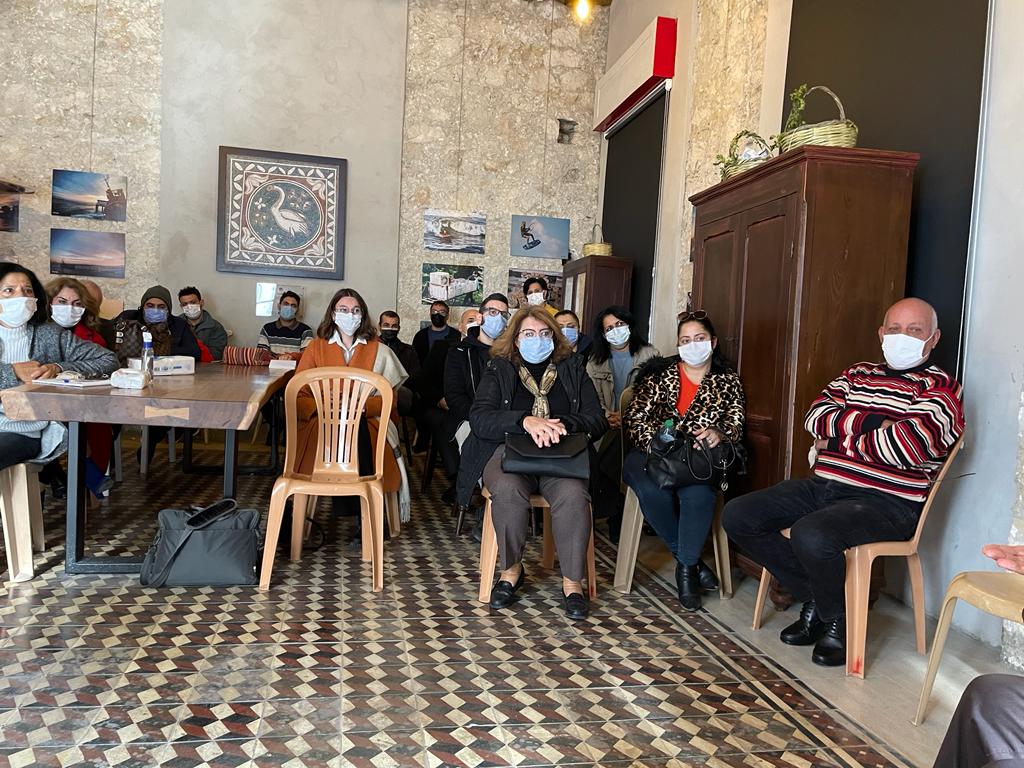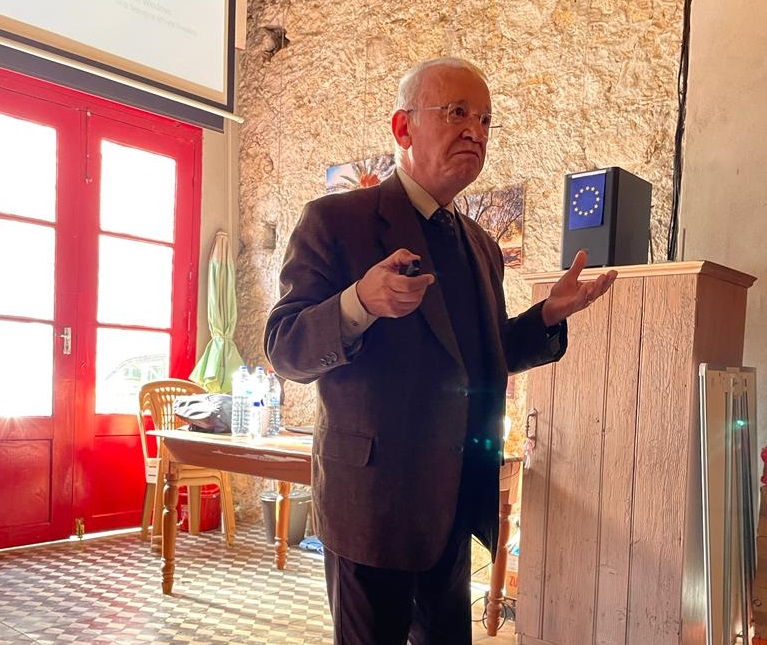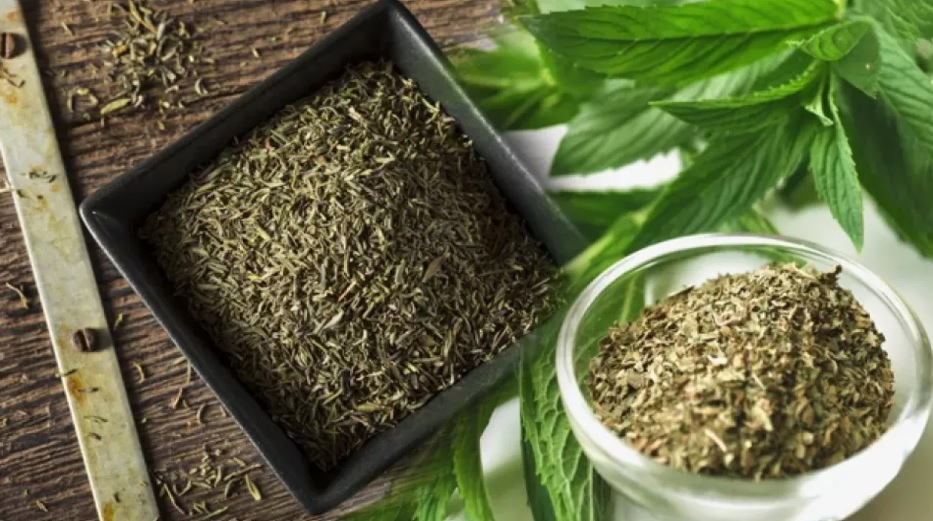
The "Natural Miracle Thyme" workshop, carried out in cooperation with the Near East University and Lefke Tourism Association, in order to determine a road map for the introduction of thyme species grown in Cyprus to the pharmaceutical industry and the economy, was completed. Near East University Faculty of Pharmacy Dean Prof. Dr. İhsan Çalış, Near East University Graduate Education Institute Director Prof. Dr. Hüsnü Can Başer attended the workshop as speakers.

Cyprus thyme species will be brought into the economy
The workshop held at the Lefke Tourism Association center was held with the intense participation of the Lefke District Governor, Lefke Mayor, representatives of non-governmental organizations, local producers and the public. Acting Rector of Near East University, who also acted as the moderator of the workshop, Prof. Dr. Tamer Şanlıdağ said that a pilot project will be carried out and a road map will be determined for the use of endemic plants in the region in the pharmaceutical industry, and the introduction of new products to be developed using thyme oil and active ingredients of thyme.

Thyme species known as Şapşişa (Shapshisha-Origanum Majorana) and Yeşilırmak (Green River) have high commercial potential.
Near East University Graduate Education Institute Director Prof. Dr. Hüsnü Can Başer stated that among the thyme species grown in Cyprus, Sapşişa (Origanum Majorana) has a great economic potential due to its high essential oil yield and chemical properties sought in trade. Prof. Dr. Başer also said that Origanum Dubium, known as Yeşilırmak thyme in Cyprus, has 6.5 percent essential oil and high carvacrol content and has a high commercial potential.
Prof. Dr. Hüsnü Can Başer emphasized that Tülümbe, which grows widely in nature, is another type of thyme that can be cultivated with its essential oil and high thymol content. Stating that Lagoecia cuminoides, another species grown in Cyprus, is the thyme with the highest thymol content in the world, Prof. Dr. Başer said, "The thyme species grown in Cyprus can be used as a natural source of thymol. If these plants, which are all wild, are grown and their essential oils are extracted, it will create an important economic gain on a local and national scale."

Thyme species grown in Cyprus have biological richness and molecular diversity.
Near East University Faculty of Pharmacy Dean Prof. Dr. İhsan Çalış emphasized that natural resources and especially land plants can be used in new molecule (compound) research to be used in the pharmaceutical industry. Stating that the Lamiaceae (Mintaceae) family, which also includes the thyme plant, is rich in non-volatile compounds, Prof. Dr. Çalış said that thyme species that grow endemic in Cyprus have an important biological richness and molecular diversity.
Prof. Dr. İhsan Çalış emphasized the potential of medicinal plant cultivation that can be used in the pharmaceutical industry in Cyprus by giving information about the ways followed in plant selection in scientific research for drug production. Prof. Dr. İhsan Çalış said that with studies that will pave the way for the use of the island's endemic plants, especially thyme, in the pharmaceutical industry, a great contribution can be made to the country's economy by creating a new production source for the local people.
